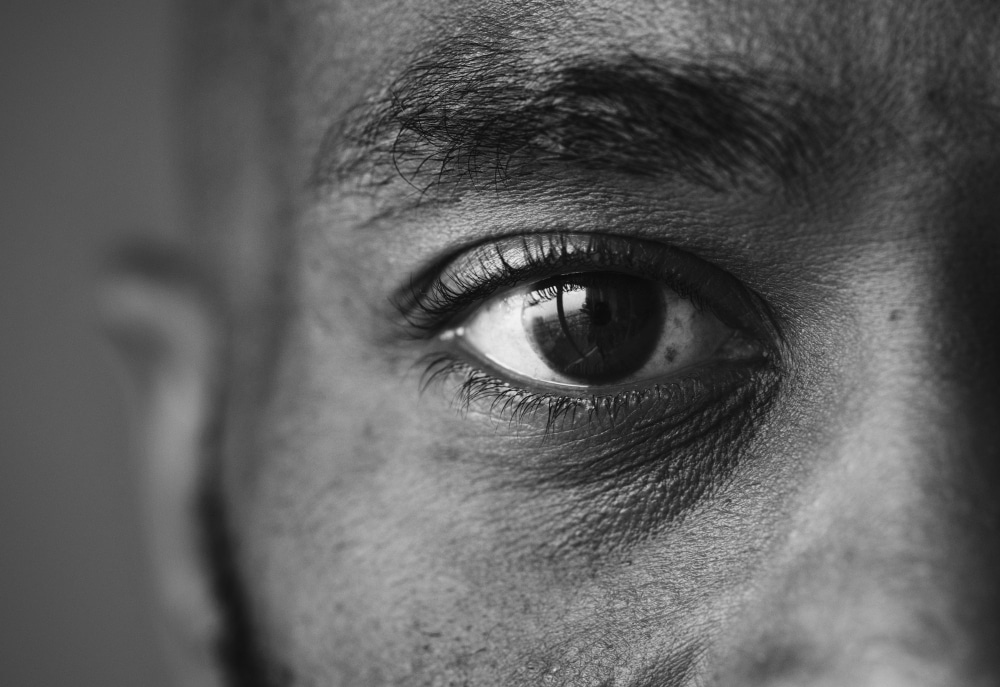Prescription drug addiction is a major problem facing the United States. While most people understand that street drugs like heroin, cocaine, and methamphetamine are dangerous. Many don’t realize that prescription medications can be just as addictive and deadly.

In this blog post, we’ll discuss what you need to know about RX drug addiction. Its effects on the body, and how to get help.
What Is RX Drug Addiction?
RX drug addiction is an addiction to prescription medication. It occurs when someone takes a medication for a purpose other than what it was prescribed for or at a higher dose than what was prescribed by their doctor. This type of misuse or abuse of prescription drugs can lead to physical dependence on the substance and eventually to addiction.
The Effects of RX Drug Addiction
RX drug addiction has serious physical and psychological effects on the body. Physical symptoms include increased tolerance for the drug (needing more of it to achieve the same effect), withdrawal symptoms when drug use stops or decreases, difficulty sleeping or concentrating, changes in appetite, weight gain or loss, dizziness, nausea, vomiting, tremors, chest pain, and more.
Psychological effects include cravings for the drug; preoccupation with using it; euphoria (feeling high) when taking it; feeling anxious without it. Lying to family members or doctors about using it; and engaging in criminal behavior. Such as forging prescriptions or stealing pills from friends and family members in order to get more of the substance.
Getting Help For RX Drug Addiction
If you think you may be suffering from RX drug addiction. There are resources available that can help you get back on track. The first step is to talk with your doctor about any concerns you have about your current medication regimen. If necessary they may be able to prescribe an alternative medication that won’t be as addictive. Or provide support from a mental health professional who specializes in dealing with addictions.
Additionally, there are several organizations dedicated specifically to helping people cope with RX drug addiction. Such as Narcotics Anonymous (NA) and Smart Recovery which offer helpful tips and support groups for those struggling with this issue.
Treatment for RX Drug Addiction
Let’s explore what these treatment options look like and how they can help someone find their way back to health and sobriety.
Detoxification
The first step in treating RX drug addiction is detoxification. During this process, the individual stops using the substance and allows the body to rid itself of its physical dependence on the substance. This can be a difficult process as it often involves unpleasant withdrawal symptoms. Such as nausea, vomiting, trembling, sweating, and insomnia.
It is important to seek professional medical care during detoxification because withdrawal symptoms can be dangerous if not managed properly. Medical professionals will also monitor vital signs such as heart rate, blood pressure, breathing rate, and temperature throughout the detox process to ensure safety and comfort.
Medication-assisted Treatment (MAT)
Once detox is complete, medication-assisted treatment (MAT) may be recommended as part of an overall recovery plan.
MAT combines counseling services with medications designed to reduce cravings for the abused substance and reduce the likelihood of relapse. The most common types of medications used in MAT are opioid agonists. Such as buprenorphine and naltrexone which have been specifically approved by the Food and Drug Administration (FDA).
MAT medications must be prescribed by a licensed physician who has completed specialized training in order to do so safely and effectively.
Therapy Services
In addition to medications, therapy services are an essential component of any successful addiction recovery plan. Therapy sessions give individuals suffering from RX drug addiction a safe space in which they can share their experiences with addiction without fear or judgment from others.
Through therapy sessions, individuals can learn new coping skills which will help them manage triggers or stressful situations. Without turning back to substance abuse as well as work through any underlying issues. That may contribute to their substance use disorder (SUD).
Counseling sessions often include family members or friends so that everyone affected by the individual’s Error! Hyperlink reference not valid.SUD can understand better how best to support him/her through the recovery journey ahead.
Prescription drug addiction is a growing problem across America that should not be taken lightly. It can have serious physical and psychological effects on the body which can lead to long-term health complications if left untreated.
Fortunately, there are resources available for those who want help fighting this battle including talking with your doctor about alternatives that won’t be as addictive as well as support from organizations like NA and Smart Recovery which specialize in helping people overcome these types of addictions.
With the right plan in place, there is hope for those struggling with RX drug addiction!

